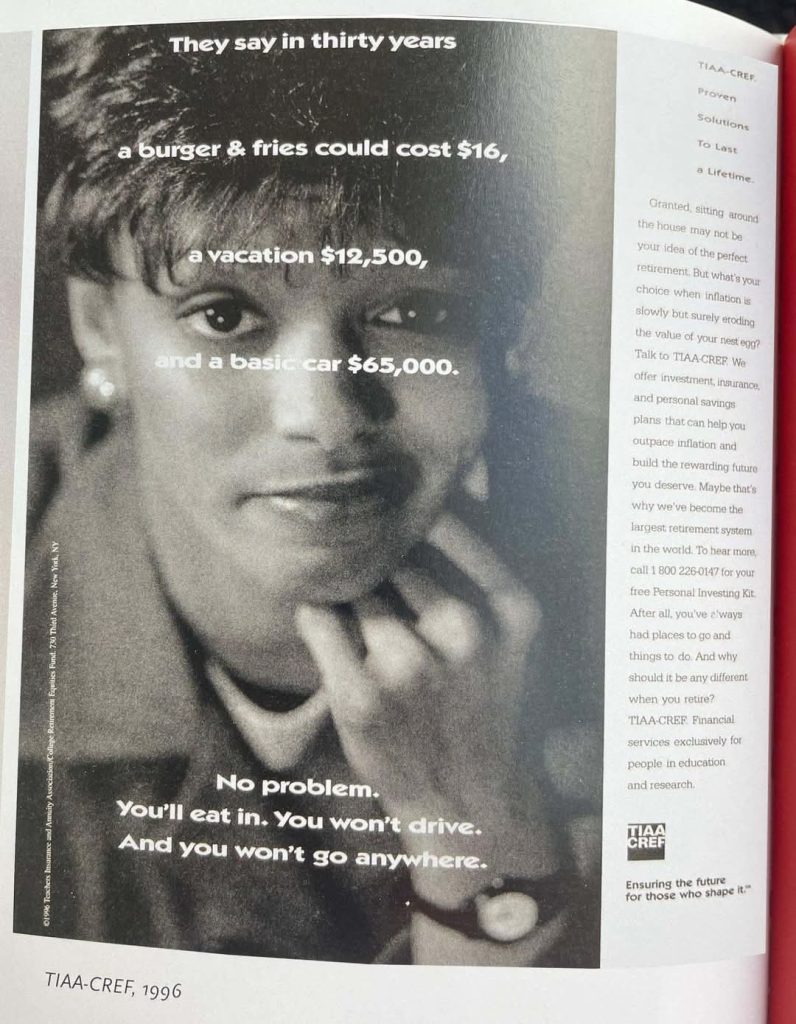Gender and Popular Culture: Postmodern Reflections on Contemporary Texts
Panel Presentations
- April Markowski “Patriarchy and Postmodern Capital: Masculine Bodies in Monkey Man“
- Marian Cowhig Owen “The Rhetoric of Cheerleading in the Series America’s Sweethearts“
- Mina Dooley “Halloween, Hitchcock, and Heights: Pastiche and the Complexities of Gender Presented in That ‘70s Show“
- Aaron A. Toscano “Heteronormativity and Technological Determinism: Retro Science Fiction’s View of Future Immediacy”
“Heteronormativity and Technological Determinism: Retro Science Fiction’s View of Future Immediacy”
Scope of the Presentation
- Analyzing a media segment to explain it’s cultural work
- Retro Sci-Fi: the past’s view of the future
- R. A. Lafferty’s “Slow Tuesday Night” (1965)
- Computer Dating: Immediacy over Intimacy?
- Robophilia and Agalmatophilia
- Cherry 2000 (1987)
Retro Sci-Fi: the past’s view of the future
- Assumption that technology will always advance
- Gordon Moore on transitors (often considered just speed) doubling every two years (1965).
- “Moore’s Law describes the increasing number of transistors on integrated circuits, which in itself doesn’t matter for us as users of computer equipment. But it matters for those aspects that we do care about, like the speed and cost of computing” (Roser, Ritchie, and Mathieu, March 28, 2023)
- Hypertrophy & Atomization
- By the year 2000…
- Flying Cars
- Lazor Guns
- Jetson Houses/Apartments (c.f. Novak)
- Speculation on contemporary technologies and situations into the future
- Long history of Sexual Technologies (Ruberg)
- Lens of colonization, slavery, patriarchy
- Dames de voyage dating back to the 1600s–sailors
- “Love in the Age of Silicone”
R. A. Lafferty’s “Slow Tuesday Night” (1965)
- WWII Army Veteran (Pacific); Electircal Engineer; prolific writer until the 1980s
- Plot device: Removal of the Abebaios (ay-bah-buy-os) block
- Greek for unsteadiness, uncertainty, fickleness, and unreliability (Wilburn)
- “When the Abebaios block had been removed from human minds, people began to make decisions faster, and often better. It had been the mental stutter. When it was understood what it was, and that it had no useful function, it was removed by simple childhood metasurgery.”
- Three Groups Divided Among Time of Day (based on their best productivity)
- Auroreans (aka Dawners): 4:00am-Noon
- Hemerobians (aka Day Flies): Noon-8:00pm
- Nyctalops (aka Night Seers): 8:00pm-4:00am
- Fortunes, Careers, Buildings
- “He would make and lose four fortunes within eight hours; and these not the little fortunes that ordinary men acquire, but titanic things.”
- “A person could have one or several pretty intricate careers within an eight-hour period.”
- “Hundred-story buildings had been erected, occupied, obsoleted and demolished again to make room for more contemporary structures….The city was rebuilt pretty completely at least three times during an eight-hour period.”
- Love, Fleeting and New
- “Ildefonsa and Freddy had taken only the one-hour luxury honeymoon. Freddy wished to continue the relationship, but Ildefonsa glanced at a trend indicator…”
- She marries a philosopher, but “[Ildefonsa] had never been really up on philosophy so she had scheduled only the special thirty-five-minute honeymoon. She looked at the trend indicator to be sure. She found that her current husband had been obsoleted…

Computer Dating: Immediacy over Intimacy?
- Operation Match, first computer dating tool, 1965
- Tinder, eHarmony, Match.com
- Busy people; many options; quick results
- Robophilia: exactly what you think it is
- Agalmatophilia: think mannequins…like Kim Cattrall
Cherry 2000 (1987)
- Set in the postapocalyptic year of 2017…prescient
- Heteronormativity in a transactional world
- Relationships are negotiations
- Many interpretations, even feminist possibilities
- Sam Treadwell is the “last” romantic
- Wants his Cherry 2000 to greet him, have dinner, and …
- Works in a recycling center that’s basically a Walmart
- “No life for household appliances…”
- Sam’s friends try to get him to date real women:
“Each one of these honeys has her own special magic, her own special way.”
- Full Trailer (2:26 total)
- “Dating is Big Business” (brief 0:37)
Conclusion
- Phallocentrism is all over this film (rocket launcher)
- E. Johnson, Melanie Griffith, tracker willing to sacrifice herself for Sam’s robot
- Sam finds “love” when he realizes E. Johnson puts his desires first
- He’s found a real woman to partner with
- In the wasteland of the Mojave Desert (in a Casino factory of robots)
- Sam likes Cherry’s vulnerability and childlike nature
- Before she short circuits, she gets a question he asks wrong, but he comforts her
- Social Construction of Technology
- Sexual technologies aren’t new
- No Technological determinism: technologies come about and change values
- Sam Treadwell’s masculinity is complete when he can rescue the damsel in distress
- He’s traditional, so E. Johnson will drop the “Johnson” from her name
- But maybe she’ll hyphenate it
Works Cited
Lafferty, R. A. “Slow Tuesday Night.” Evans, Arthur, et. al. The Wesleyan Anthology of Science Fiction. 2010, pp. 359-366. (originally published in 1965) https://www.baen.com/Chapters/9781618249203/9781618249203___2.htm
Novak, Matt. “18 Bizarre Letters to the Future That Only ’70s Kids Will Understand.” Paleofuture.com, 24 Oct 2013, https://paleofuture.com/blog/2013/10/24/18-bizarre-letters-to-the-future-that-only-70s-kids-will-understand.
Quinn, Tacita. “‘It felt risqué:’ How a Computer Dating Service Launched in 1965 Changed Our Love Lives.” CNN.com, 29 Sep 2024. https://www.cnn.com/2024/09/29/style/operation-match-patsy-jeff-tarr/index.html
Ruberg, Bo. Sex Dolls at Sea: Imagined Histories of Sexual Technologies. MIT P, 2022.
Wilburn, Josh. “Gorgias on Knowledge and the Powerlessness of Logos.” Humanities, vol.12, no. 1, 2023, pp. 1-15. https://doi.org/10.3390/h12010009